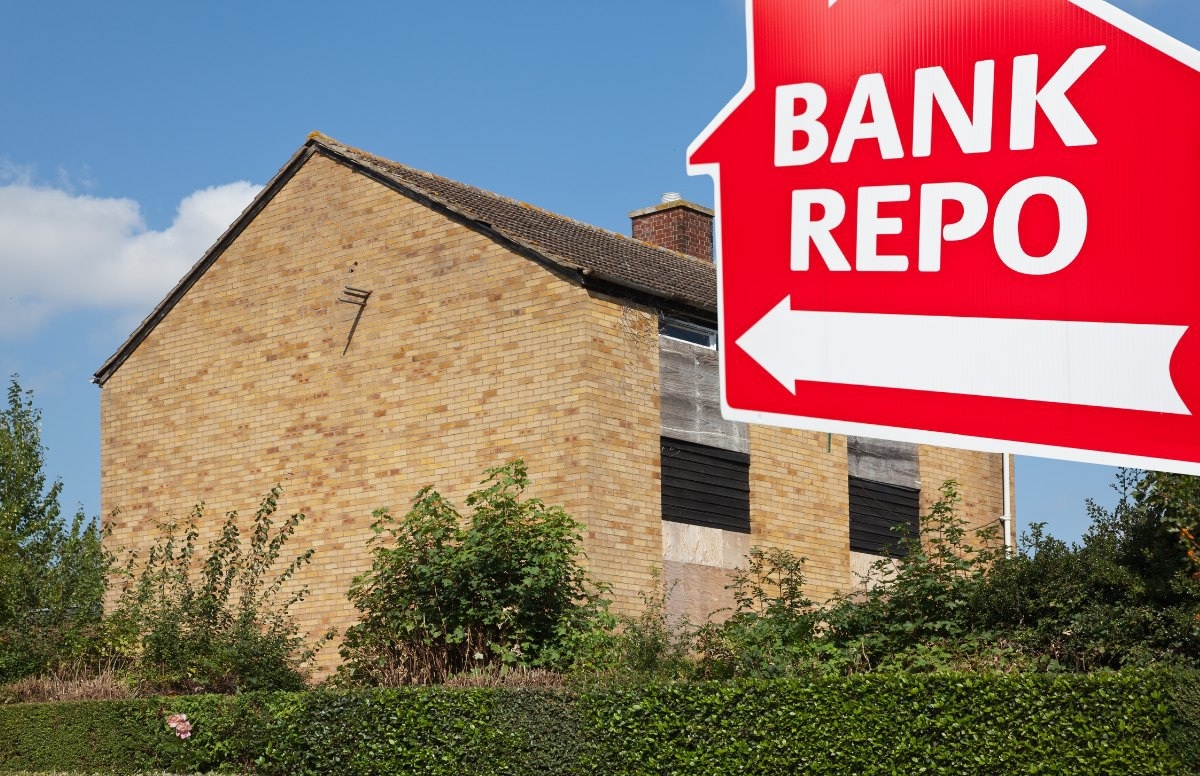In South Africa, it is particularly important for the seller to use their own lawyer when transferring a house due to the country's legal framework for property transactions. Here are the key reasons:
1. Role of the Conveyancer
In South Africa, property transfers must be handled by a conveyancer, a specialized attorney qualified to manage property transactions. The seller typically appoints the conveyancer, ensuring they act in the seller's best interests.
2. Protection of the Seller's Interests
The conveyancer ensures the seller’s rights are protected by drafting and reviewing the sale agreement and ensuring compliance with all legal requirements. This prevents disputes or unfavorable terms that might arise if a buyer-appointed lawyer handles the transaction.
3. Payment of Municipal Rates and Taxes
The conveyancer ensures that all outstanding municipal rates, taxes, and levies are paid. This is crucial because a property cannot be transferred without a clearance certificate from the municipality, which is the seller's responsibility.
4. Discharge of Existing Bonds
If the seller has an existing mortgage bond, the conveyancer ensures it is properly canceled, coordinating with the bank and ensuring no liabilities remain linked to the property after the transfer.
5. Compliance with South African Property Laws
South African property law has unique requirements, such as compliance with the Alienation of Land Act and Financial Intelligence Centre Act (FICA). A lawyer ensures all necessary documents are in place and that the transaction adheres to these laws.
6. Transfer Duty and Tax Compliance
The conveyancer ensures that the seller is aware of their tax obligations, such as capital gains tax (CGT) if applicable, and that the transaction is compliant with SARS (South African Revenue Service) requirements.
7. Avoidance of Conflict of Interest
The seller appointing their own conveyancer avoids any potential conflict of interest that could arise if the buyer appoints the conveyancer. This ensures the transaction is handled impartially and fairly.
8. Efficient and Transparent Process
The seller’s lawyer provides clarity on the timelines and ensures all necessary conditions are met for a smooth transfer. This avoids delays and miscommunication during the process.
Conclusion
In South Africa, the seller's choice of a conveyancer is critical to ensure that the property transfer is legally compliant, efficient, and protects the seller from potential disputes or liabilities. Having an independent lawyer ensures the seller’s best interests are always represented.




















